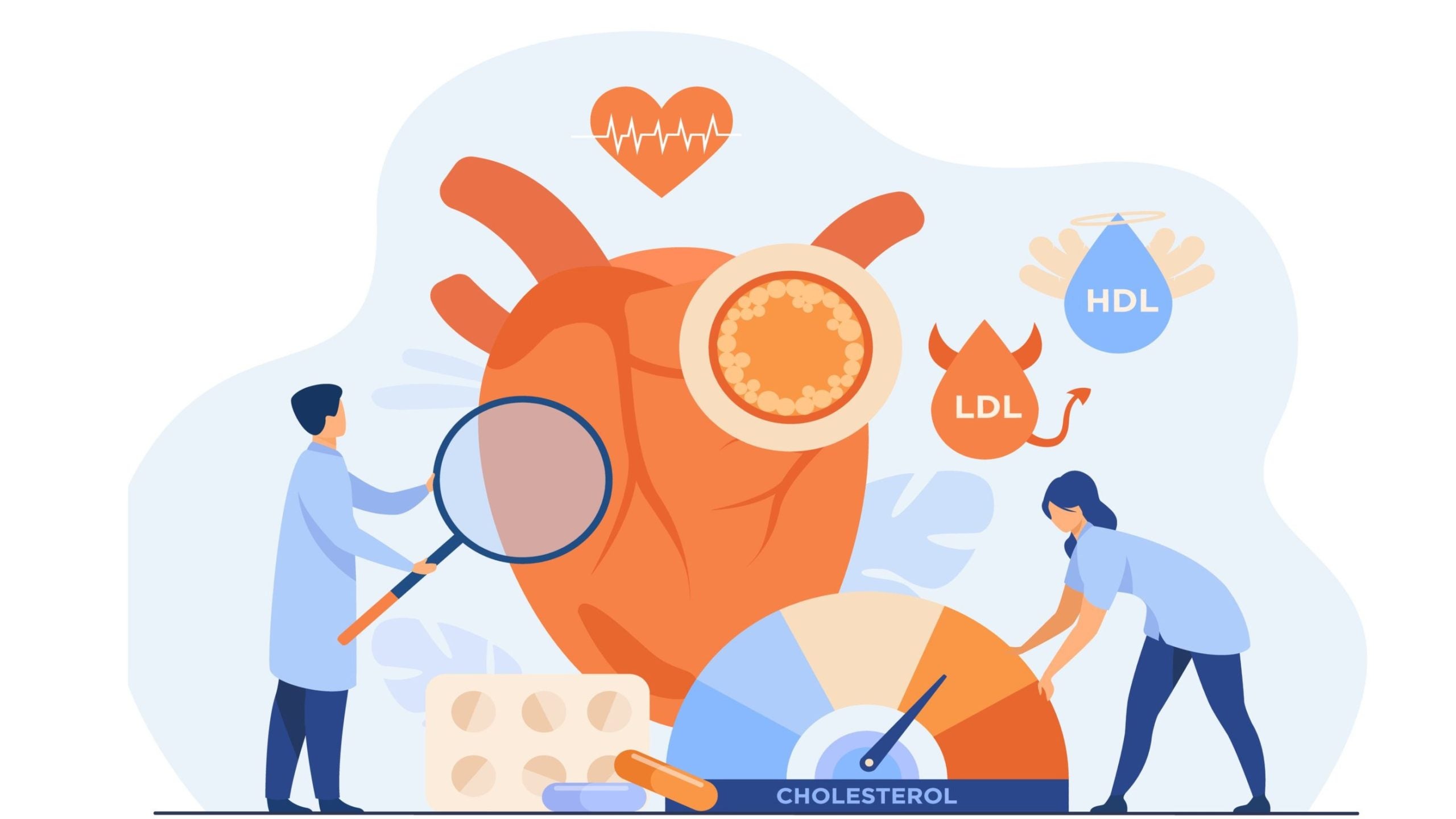
The US Food and Drug Administration (FDA) has approved a label update for Leqvio (inclisiran) as an adjunct treatment with diet and statins for patients with primary hyperlipidaemia. The patient population includes those without a cardiovascular event and comorbidities like hypertension and diabetes.
Hyperlipidaemia is characterised by elevated levels of low-density lipoprotein cholesterol (LDL-C), which then accumulate in the arterial lining as plaques. These plaques can rupture and cause heart attack or stroke.
The patient population includes those without a cardiovascular event and comorbidities such as hypertension and diabetes.
In December 2021, Leqvio was initially approved by the FDA for treating atherosclerotic cardiovascular disease (ASCVD) and heterozygous familial hypercholesterolemia (HeFH). The company reported patients having 52% lower LDL-C with Leqvio, the small interfering RNA (siRNA) therapy, versus placebo in a patient group that was unable to reach their LDL-C target despite statin therapy.
In 2019, Novartis added Leqvio to its drug portfolio following the strategic purchase of The Medicine Company.
Novartis Innovative Medicines US president Victor Bulto said: “High LDL-C is one of the most readily modifiable risk factors for heart disease and this label update for Leqvio will help us reach a greater number of patients who struggle with lowering their LDL-C.”
Additional label updates include the removal of the “Limitations of Use” statement and four adverse events, following the updated data from the VictORION cardiovascular clinical trial programme.
GlobalData has forecasted Leqvio’s global sales to exceed $2.9bn, which is attributed to its ease of reimbursement, twice-a-year dosage, and professional administration.
GlobalData is the parent company of Pharmaceutical Technology.
Leqvio is priced at around $6,500 a year, which is comparable to its competitors Sanofi/Regeneron’s Repatha (evolocumab) and Amgen’s Praluent (alirocumab). Leqvio is also licensed for use in the UK at a discounted price as part of a commercial agreement with the National Health Service (NHS).
